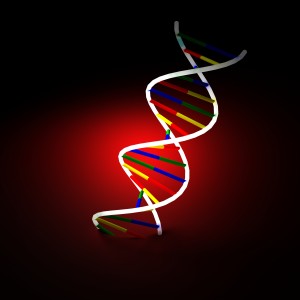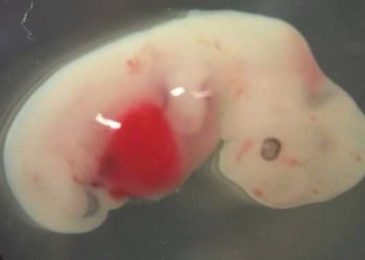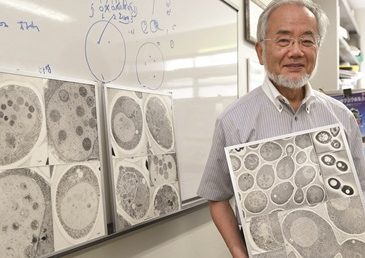 Describing their findings as “humbling,” researchers who set out to create a “minimal genome” have concluded that the basic elements of life are enormously complex and remain full of unsolved mysteries.
Describing their findings as “humbling,” researchers who set out to create a “minimal genome” have concluded that the basic elements of life are enormously complex and remain full of unsolved mysteries.
In an article titled “Design and synthesis of a minimal bacterial genome,” a team of more than 20 scientists share the results of years of research on cellular genomes. The scientists, in an attempt to better understand the basic requirement for life, took a bacterial genome and stripped it down of all genes they deemed unnecessary.
“We set out to define a minimal cellular genome experimentally by designing and building one, then testing it for viability,” the scientists explain in their paper, which was published last week in the journal “Science.” “Our goal is a cell so simple that we can determine the molecular and biological function of every gene.”
That goal—to engineer a minimal genome with as few genes as possible—proved to be a difficult task.
“The minimal cell concept appears simple at first glance but becomes more complex upon close inspection,” the researchers confessed. “In addition to essential and nonessential genes, there are many quasi-essential genes, which are not absolutely critical for viability but are nevertheless required for robust growth.”
After designing, constructing, chemically synthesizing, and repeatedly testing the viability of bacterial genomes, the scientists finally produced a “bare-bones” bacterium. The only problem: it’s not so simple after all. Not only is the stripped-down genome made up of 473 genes, but 149 of those genes are completely unknown.
“We’ve discovered that we don’t know a third of the basic knowledge of life,” said Craig Venter, a co-leader of the research team, according to a report in “The Atlantic.” “We expected that maybe 5 percent of the genes would be of unknown function. We weren’t ready for 30 percent. I would have lost a very big bet.”
“We’re showing how complex life is, even in the simplest of organisms,” Venter said. “These findings are very humbling.”
The fact that researchers do not understand such a significant portion of this minimal genome illustrates how little scientists know about life’s basic building blocks.
“These are key biological functions affecting all of life that we don’t understand,” said Venter.
Ann Gauger, a senior research scientist at Biologic Institute, says these findings underscore another important point: due to its sheer complexity, a minimal genome could not have sprung into existence without an intelligent designer.
“Where did the cell come from in the first place?” Gauger asked in an article published last week. “It’s a chicken-and-egg problem. Given the number of things the cell has to do to be a functioning organism, where does one begin?”
“Irreducible systems are evidence of intelligent design, because only a mind has the capacity to design and implement such an information-rich, interdependent network as a minimal cell,” she wrote.
“It won’t happen without a designer,” Gauger concluded.
A special message from the publisher…
 Dear Reader, our hearts are deeply grieved by the ongoing devastation in Iraq, and through this we have been compelled to take a stand at the gates of hell against the enemy who came to kill and destroy. Bibles for Iraq is a project to put Arabic and Kurdish audio Bibles into the hands of Iraqi and Syrian refugees—many of whom are illiterate and who have never heard the gospel.Will you stand with us and make a donation today to this important effort? Please click here to send a Bible to a refugee >>
Dear Reader, our hearts are deeply grieved by the ongoing devastation in Iraq, and through this we have been compelled to take a stand at the gates of hell against the enemy who came to kill and destroy. Bibles for Iraq is a project to put Arabic and Kurdish audio Bibles into the hands of Iraqi and Syrian refugees—many of whom are illiterate and who have never heard the gospel.Will you stand with us and make a donation today to this important effort? Please click here to send a Bible to a refugee >>





